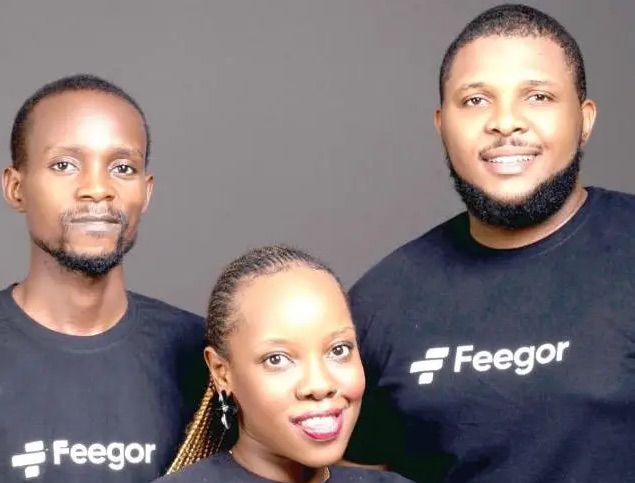The success of over 17m SMEs in Nigeria’s $105bn retail industry depends largely on their product sourcing abilities as this affects their sales, profits, and everything in between, yet this process is riddled with inefficiencies such as a highly fragmented market, lack of direct access to manufacturers and major suppliers, information asymmetry, lack of access to credit.

Although every SME must source for goods, there is no easy, efficient, and on-demand way for them to do this.
Today, SMEs lock their shops to travel many hours or days in search of suppliers every time they need to source goods.
Rising transport and logistics costs coupled with reducing customers’ purchasing power are negatively affecting SMEs and reducing their profits.
Despite high transport costs, the stress of commuting, and sales lost due to locked shops, they only have access to a few suppliers or manufacturers and may not get the best prices and best terms. Most SMEs cannot obtain credit from the company.
SMEs in Nigeria have contributed about 50% of the national GDP in the last five years. They account for about 50% of industrial jobs and nearly 90% of the manufacturing sector, in terms of several enterprises. The SME sector could absorb up to 80% of jobs, improve per capita income, increase value addition to raw materials, improve export earnings, and unlock economic expansion, and GDP growth. Despite their importance, many SMEs face existential challenges but Feegor is building a solution it believes will enable them thrive.
Feegor is B2B Wholesale Marketplace that enables SMEs discover, negotiate, and source goods directly from a vast network of manufacturers and major suppliers nationwide. By bringing together fragmented markets onto one platform, Feegor eliminates the barriers that have hindered trade efficiency in Nigeria. It offers integrated payment processing, logistics coordination, and access to trade financing which simplifies the entire business process, making it easier for SMEs to exchange goods in large quantities seamlessly.
Feegor is founded by Ugonna Ginigeme (CEO), Sunday Ayoade (CTO), Lucy Mbuthia (COO), and Sukruthi Rao (CPO), and is on a mission to bridge geographical gaps and connect retail businesses for efficient transactions. The seasoned founders understand the power of digitizing informal retail. They recognize that by bringing informal SMEs into the connected economy, they can empower them to grow and thrive.
Feegor not only provides these SMEs with the necessary tool kit but also act as a catalyst for their success.
With a goal aligned with economic development priorities, Feegor is strategically positioned for rapid scalability. As Feegor continues to gain momentum and expand its reach, it is clear that this promising start-up will play a pivotal role in shaping the future of digital trade in Nigeria.
Businesses across the country will increasingly rely on Feegor’s platform to streamline their operations, connect with potential buyers and sellers, and drive economic growth. With its commitment to revolutionizing the business landscape, Feegor is poised to make a lasting impact on Nigeria’s economy for years to come.
While Feegor’s current focus is Nigeria, its vision extends beyond borders. In the future, they plan to bridge the geographical gap and discovery challenges between sellers in one African country and manufacturers or suppliers in another.
Feegor believes its solution will give every SME an equal opportunity to grow their business faster and sustainably leading to job creation, less unemployment, economic growth, a higher standard of living, and the creation of new industries.

